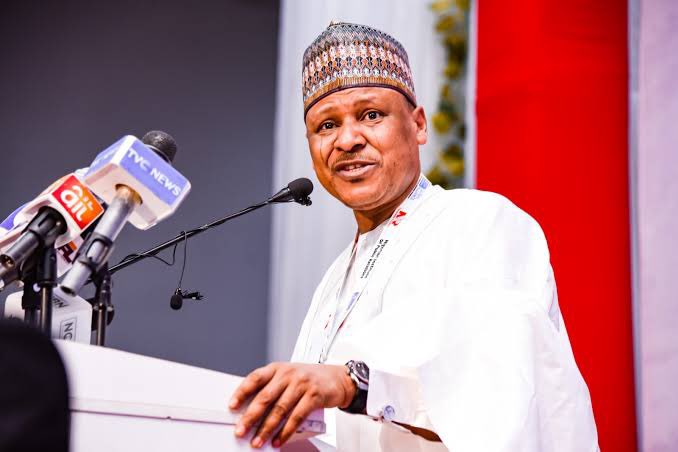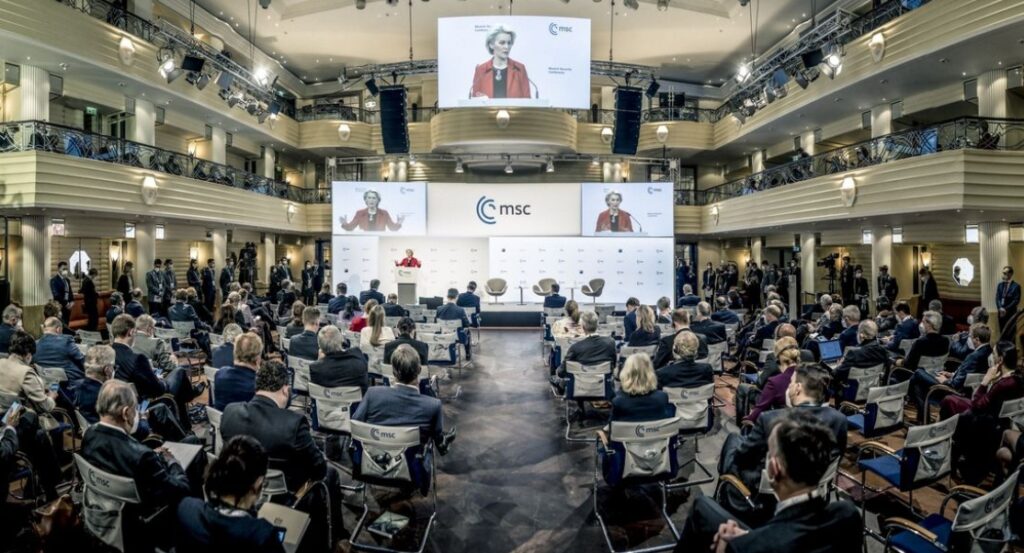The Federal Government of Nigeria has started selling 50Kg of rice for N40,000

The federal government stated on Monday that it has begun distributing an additional 10 trucks with 50kg bags of rice to each state. The rice will be available for sale at particular locations for N40,000.
During the Council meeting, Mohammed Idris, Minister of Information and National Orientation, told State House media that delivering 10 trucks of rice to each state was intended to alleviate poverty and combat the high cost of living.
He stated, “And the position of the FEC is that most of the demands that the protesters are making are actually being addressed by the federal government, and thus it is the view of the government that there is really no need for the protests again because most of those things that the protesters are putting forward have already been addressed or are being addressed by the government, and as we have repeatedly stated, this is a listening government.
“The President has listened to the voices of all those preparing the demonstration. And the message is that there is no need for it.
“Indeed, the President is already protesting on their behalf by doing what they want the government to do, such as ensuring that food is available.
“At the last Council meeting here at the briefing, we announced that a number of trucks, 20 in total, had been given to state governors for onwards distribution to the poorest of the poor in society and those who are actually in need, but the government did not stop there; there is also rice that is being sold at about 50% of its cost, with a bag of rice costing N40,000 as we speak.
“This rice has been taken to various centres throughout all the states of the federation and is being sold for 40,000 Naira; centres have been established. So, individuals who need this rice can go there and get it for 40,000 naira.
“In the first instance, approximately ten trucks have been made available to each of these states, and this is only the beginning. I understand that some of the criticisms you hear are that it is never enough. The government has not pretended that the current supply are sufficient. However, these are vital first measures, and additional similar interventions will be implemented in the interim.









